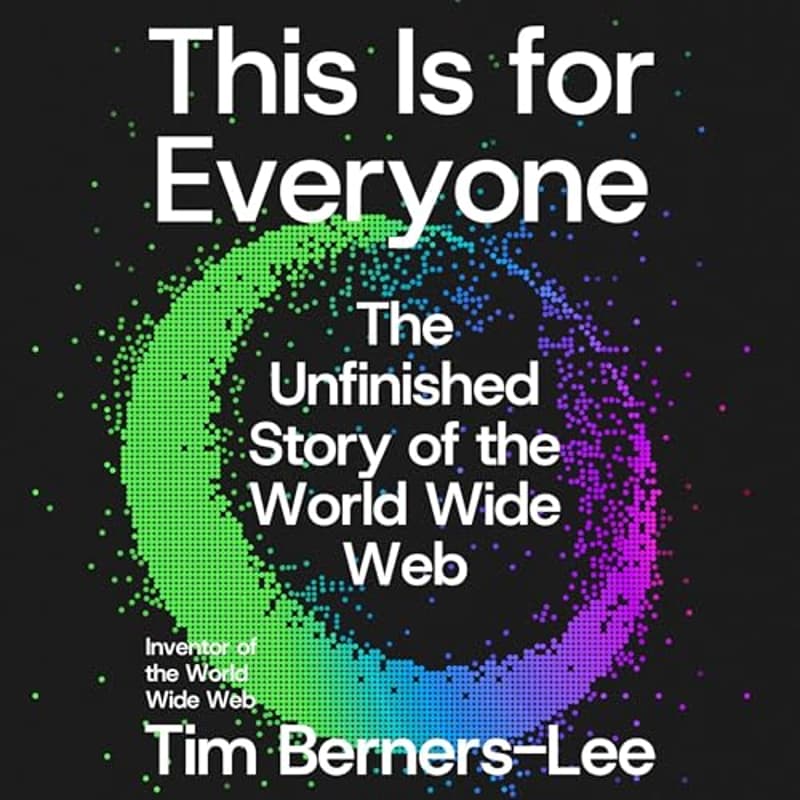

Podcast Discussion: Risks of AI becoming smarter than humans - web inventor Sir Tim Berners-Lee
Sir Tim Berners-Lee launched the worldwide web on Christmas day 1990; an invention which has undeniably and profoundly changed the world.
In this podcast episode, Sir Tim spoke with Krishnan Guru-Murthy about why addictive algorithms should be made illegal, the potential for artificial intelligence to outsmart humans, and how the internet has been both a powerful force for good and a source of significant harm to the world.
📖 Here is how it works:
Prior to the event: Watch/listen to the following 40-min Podcast Video: YouTube Link
During the event: We will breakout into small groups (max 8 people per group).
Discussion Questions:
The web was created with the founding principle “this is for everyone,” envisioned as a universal, collaborative space where anyone could contribute ideas and information. How can we reclaim that original spirit of openness and collaboration in an internet now dominated by closed, commercial platforms?
The corruption of the web came not from advertising itself but from algorithms trained to maximize engagement—keeping us angry and addicted rather than creative and connected. What would it take for society to retrain technology to reward constructive and pro-social behavior rather than outrage and obsession?
Solid and data “pods” represent a future where individuals control their own data and choose where it lives and how it’s shared. Could widespread data sovereignty fundamentally shift the balance of power between citizens and tech giants, and what cultural shifts would be required for that to succeed?
Concentrated monopolies in social media suppress innovation and limit user choice, creating stagnation within the digital ecosystem. How can we encourage genuine technological diversity and competition without dismantling the infrastructure billions rely upon?
AI development is accelerating unpredictably, outpacing rule-based safeguards and demanding new containment strategies akin to CERN-style international cooperation. What kind of global governance structures could realistically balance innovation with safety in a world racing toward artificial superintelligence?
Berners-Lee insists we must still teach coding as a form of modern literacy and design AI systems, like his “Charlie,” that work for individuals, not corporations.
How might widespread technical literacy empower society to demand and design AI that truly serves human well-being?
👥 Who should join
AI practitioners, policymakers, students, and researchers curious about AI’s development and impact.
Community Ground Rules
To provide an enjoyable experience for fellow participants, here are three ground rules during discussion events:
Step up and step back. (If you feel that you’ve been talking too much, step back to listen more. If you feel that you’ve been relatively quiet, step up to share your perspective or ask a question)
Listen to understand, not to respond.
Be open-minded and value differences.